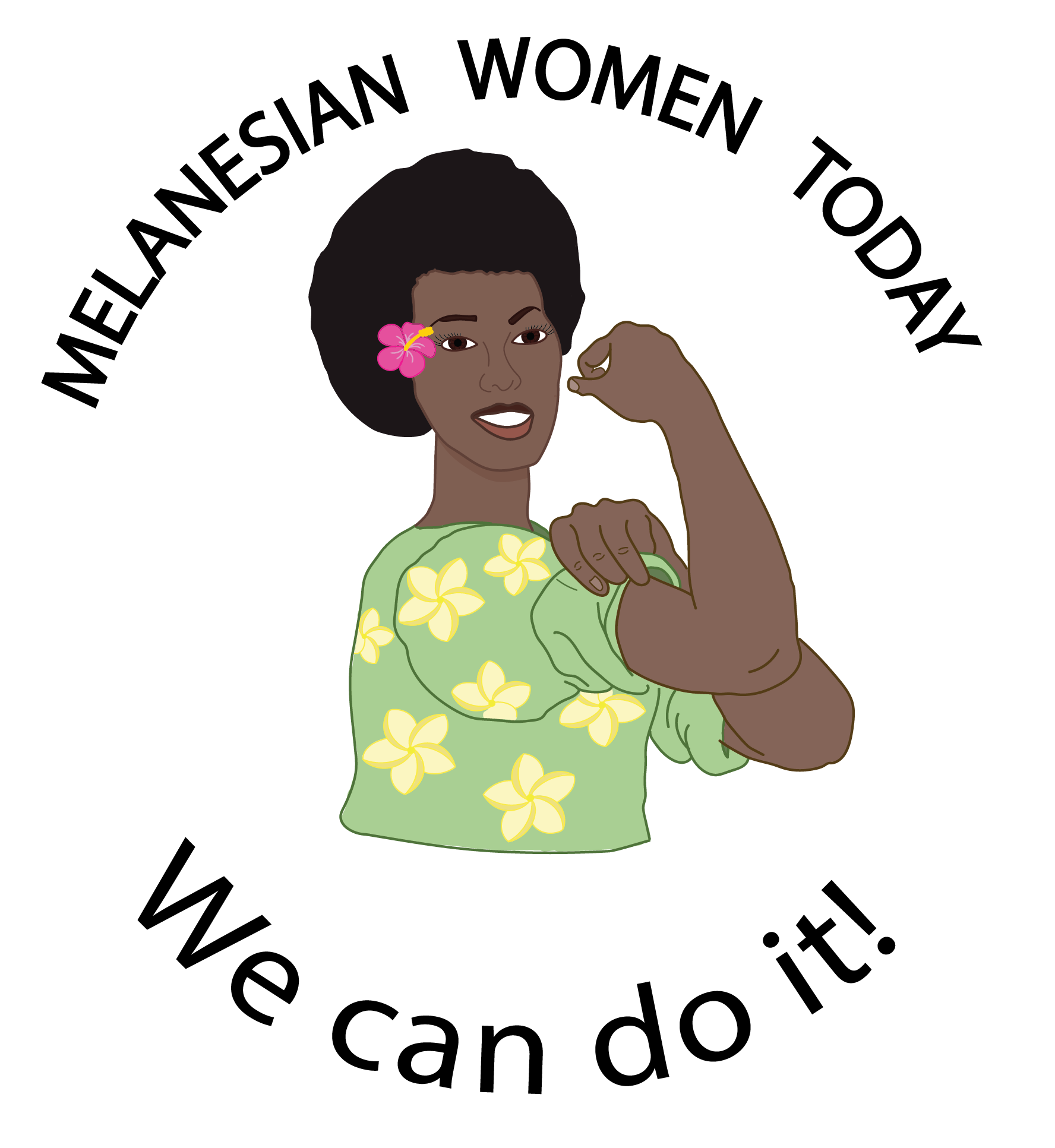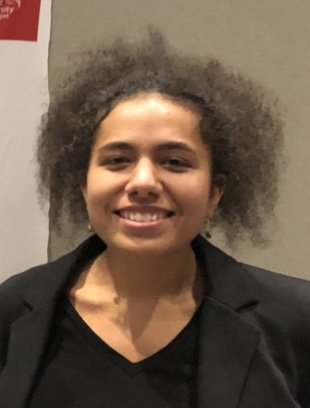Gabrielle Tor is Advocating for the Future of Inclusive Psychology
February 22 2024
By Saiya McElderry
As a child, Gabrielle Tor believed every family looked like hers: part of the Pacific Islander diaspora, her father a ni-Vanuatu immigrant. But as she grew up, the gap between her experience and all her American-citizen friends ignited a passion within her. “I'm bringing visibility to Pacific Islander communities in the States.” Tor represents a budding generation of clinical psychologists passionate about the intersection of diversity and mental health.
24, second-gen ni-Vanuatuan student Gabrielle Tor, is on her way to becoming a clinical psychologist and has focused her masters on uplifting and empowering survivors of domestic violence. The practice of clinical psychology specializes in the diagnosis and treatment of mental disorders, which an estimated 1 in 8 people experience globally. As mental health research becomes increasingly necessary, there remains egregious holes in modern research on the mental health of ethnic groups in the US, including Pacific Islanders. The conversations student counselor Tor was having around Pacific Islanders and mental health revealed this massive gap. When she went searching for research on mental health within Pacific Islander communities and came up empty, the problem revealed itself. “The truth is, there isn't enough research to provide nuanced care for Pacific Islanders.”
Tor got the opportunity to discuss this issue with the first and only Psychiatrist in Vanuatu, Dr. Jimmy Obed, who shared more about the cruciality of Western clinicians understanding Pacific Islander culture. Consider the Island’s philosophy of collectivism, where wellbeing is intertwined with family and community—whereas the US favors stark individualism—the exciting future of psychology understands and integrates these differences.
“There are so many cultural differences, so much information out there that isn't written down. American psychologists or people in the psych profession aren't able to study because the literature just isn't there.” Tor knows that these research vacuums impact patients, frustrated that Pacific Islanders are “swept under the excuse of oh, well, there's not enough of these kinds of people to justify specialized research.” This justification has regressed inclusivity in psychology, at a time when cohesive mental health care should emphasize diversity. The challenges minority communities face continue to live in the dark when psychiatric research lacks representation. Tor details that for Pacific Islanders, “whether it's transgenerational trauma, or climate change, and just the process of immigrating to a new country…American clinicians don't have the materials to be able to treat them effectively.” This gap between research and effective treatment is the gap that patients fall into, the gap that people live in. Tor believes that we can better phycology and mental health practices by honoring the importance of diversity. With her presentation at the American Behavioral and Cognitive Therapy Convention, she illuminated the unique challenges Pacific Islanders face in the US and advocated for their extensive research. As she continues her work in pursuit of her PHD, Tor will continue contradicting biased narratives that the Pacific Islander population is too small to deserve research and attention. As Tor’s message to the global Pacific Islander community reminds us, “your perspective is unique. And wanted. Every contribution that we as Pacific Islanders can give benefits not just ourselves, but the entire community of Pacific Islanders.”
Listen to the full podcast episode to learn more about Gabrielle Tor’s inspiring ambition:

